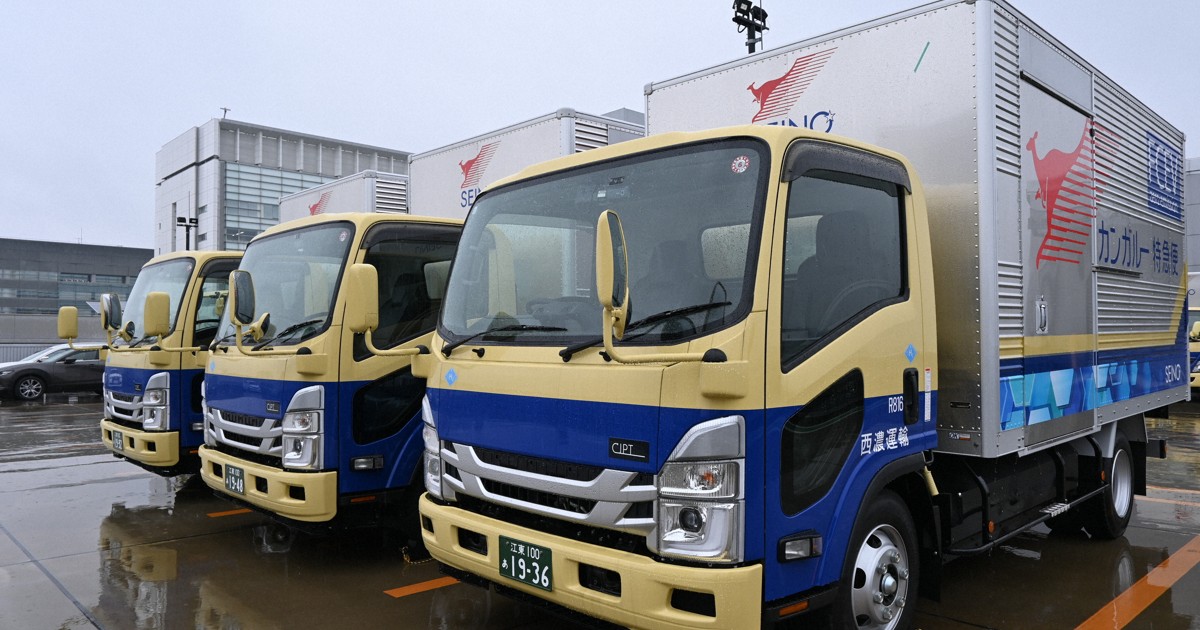- cross-posted to:
- [email protected]
- cross-posted to:
- [email protected]
The Tokyo Metropolitan Government is doubling its budget for hydrogen-related initiatives from fiscal 2024, seeing them as key to combating climate change. While previously supporting fuel cell vehicle (FCV) purchases and the establishment of hydrogen fueling stations, the focus is shifting to promote the adoption of hydrogen fuel cell-powered commercial vehicles including large trucks. Will this be a catalyst for the widespread adoption of hydrogen?


A fuel cell is as cheap as an ICE to make: https://www.miningweekly.com/article/new-platinum-based-hydrogen-fuel-cell-as-cheap-to-make-as-conventional-car-engine-2024-04-02
It can easily be demonstrated that BEVs cost much more than ICE cars to make, especially when it is suppose to be long ranged.
A fuel cell in a car is highly efficient. You don’t gain significantly more efficiency by use it in a centralized power plant. Especially when you have to take into account losses from the grid and charging losses.
You have to factor in the logistics and infrastructure. How much will all the infrastructure cost to install throughout the country? All the logistics to move the hydrogen around? Why can’t I buy a hydrogen car for less than $60k? Where would I fuel it?
There is less logistical challenges for moving hydrogen around than trying to expand the grid to handle all cars plus the infrastructure of manufacturing of batteries. People have simply failed to grasp how big of a challenge the latter actually is.
You can buy fuel cell powered toy cars right now. The basic cost of fuel cells is very low. People are merely looking at effect of low manufacturing rates and then ignoring the possibility of mass production. In reality, a mass produced FCEV would cost about the same as a ICE car and have the same range. BEVs are fundamentally inferior idea.
Not to mention that BEVs are close to $60k right now, despite high levels of mass production. This shows that the idea cannot be competitive.